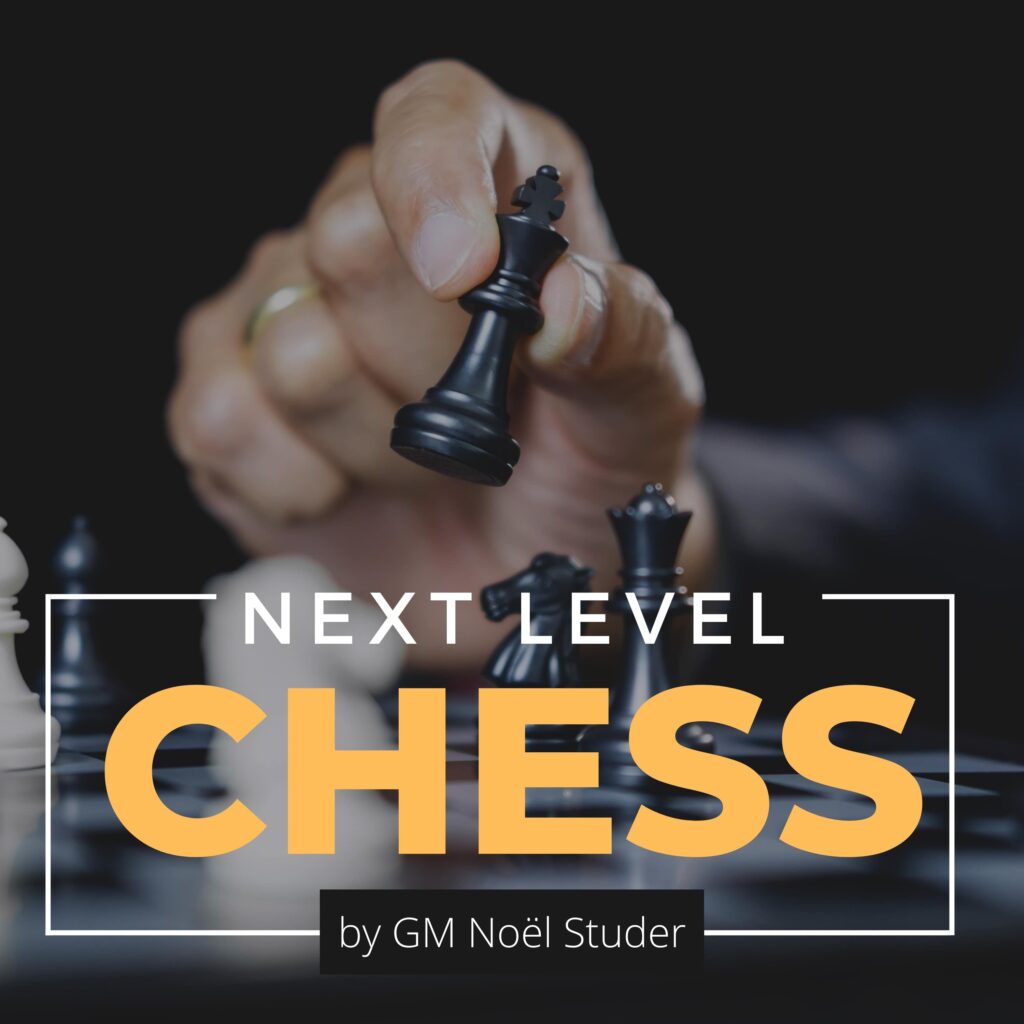Big decisions, like choosing an opening or launching a Podcast, can seem daunting.
“What if I get it wrong? All my hard work learning these opening moves might be for nothing,” you might think. This weight might push you to a never-ending search for ‘the best chess opening (spoiler, it doesn’t exist).
After a while, you either still play the same opening (thanks to the planning procrastination I wrote about a few weeks ago), or you tried out 10 different openings, but none is perfect. The result is a lot of wasted time and frustration but no solution in sight.
Today, I want to teach you a little mindset trick that has helped me make seemingly big decisions without fear.
Just an experiment
My favorite author and podcaster, Tim Ferriss, likes to see almost all decisions as small experiments. This instantly takes away so much weight from decisions because it becomes clear those decisions are reversible and don’t have to be perfect.
1 Billion Download Podcast – Just an experiment
Tim himself used this trick to start his super-successful podcast, which has recently crossed 1 billion downloads. Yup, that’s a fricking big number. Instead of dwelling on a life-deciding decision, he saw it as an experiment with 6 episodes. If he didn’t enjoy and/or find success within this limited time frame, he could stop the experiment and try something new.
I have now done the same. As of yesterday, you can also listen to my advice on chess improvement. Episode 1 of my new Podcast is out. In this deep dive, I guide you through the 5 stages of tilt and give you actionable advice on how to avoid tilt in the first place.
If you like the Podcast, please consider leaving me a 5-star review and sharing it wherever you hang out online. This would help me a ton in getting out the word. As this is just a little experiment, I commit to publishing 10 episodes. After that, I’ll check the numbers, read your feedback and see if this is something I want to continue.

Where to live – just an experiment
I have recently used the same idea when deciding where to live, which is rather important. Alessia and I decided to move away from my home city. Moving 2 hours away is a huge thing here in Switzerland because it means you are nearly halfway through the country. Instead of dwelling on this decision for too long, we made sure this was fitting as an experiment. Here are the two main questions we asked ourselves:
- Is this reversible? Yes! We can always come back. As we don’t buy but just rent, this is done rather easily and inexpensively.
- Do we learn something, even if the experiment fails? Absolutely. We will learn more about ourselves, make new friends, and live in a different ambiance. Even if we were to move back to Berne, we would do so by knowing this is 100% the place we want to live in.
Opening Experiment
Back to the openings. You can use the same experiment there. Your choice is reversible, and you will learn to play new structures, even if you don’t end up playing this opening for the rest of your life. To make the experiment worth your time, I suggest setting a time limit (1 to 3 months, as mentioned above) and making sure you learn something you can use even if you end up quitting this opening. That means learning new plans and ideas instead of move-by-move theory.
What Isn’t suited as an experiment?
Not all things can be seen as an experiment. The key factor is that something is reversible. Quitting your job, divorcing your better half, and having a child are all decisions that should be thought through a little longer than a simple experiment.
Luckily, your chess improvement decisions aren’t that serious and binding! So, nearly everything within chess can be seen as an experiment. If you are the type of person who has 45 books and 17 opening courses, but none of it is fully worked through, you might benefit from another type of experiment:
Stick with one resource until you finish it.
Remember, it is only an experiment. You can always go back to studying 20 different things at the same time. Why not try out if focusing on one thing could help you improve more, with less FOMO and overwhelm? Any chess experiments upcoming? Let me know in the comments.
Keep improving,
Noël
PS: Make sure to check out my brand new podcast, and if you like it, leave a 5-star review.
The first episode is a deep dive into Tilt and how you can avoid it from happening. Enjoy listening! (Podcast Page, Spotify)
PS: This article was initially sent out to my Newsletter list. If you want to get chess improvement advice for free in your inbox, join 17,000+ chess improvers by signing up for Friday Grandmaster Insights here.
Whenever you’re ready, here is how I can help you:
- Want to know How to train chess well? Check out Next Level Training – The Chess Training Blueprint for Adult Improvers. This course taught 600+ students the How of Chess Training. Create your high-quality chess plan and learn how to study each part of Chess, from tactics to openings & endgames. Click here to learn more.
- Check out my all-in-one Beginner Video course, Beginner Chess Mastery—Reach 1200 Online. You’ll learn all the fundamentals, from strategy to how to get the most out of your pieces, tactics, and endgames. You even get a full opening repertoire for free. Click here to learn more.